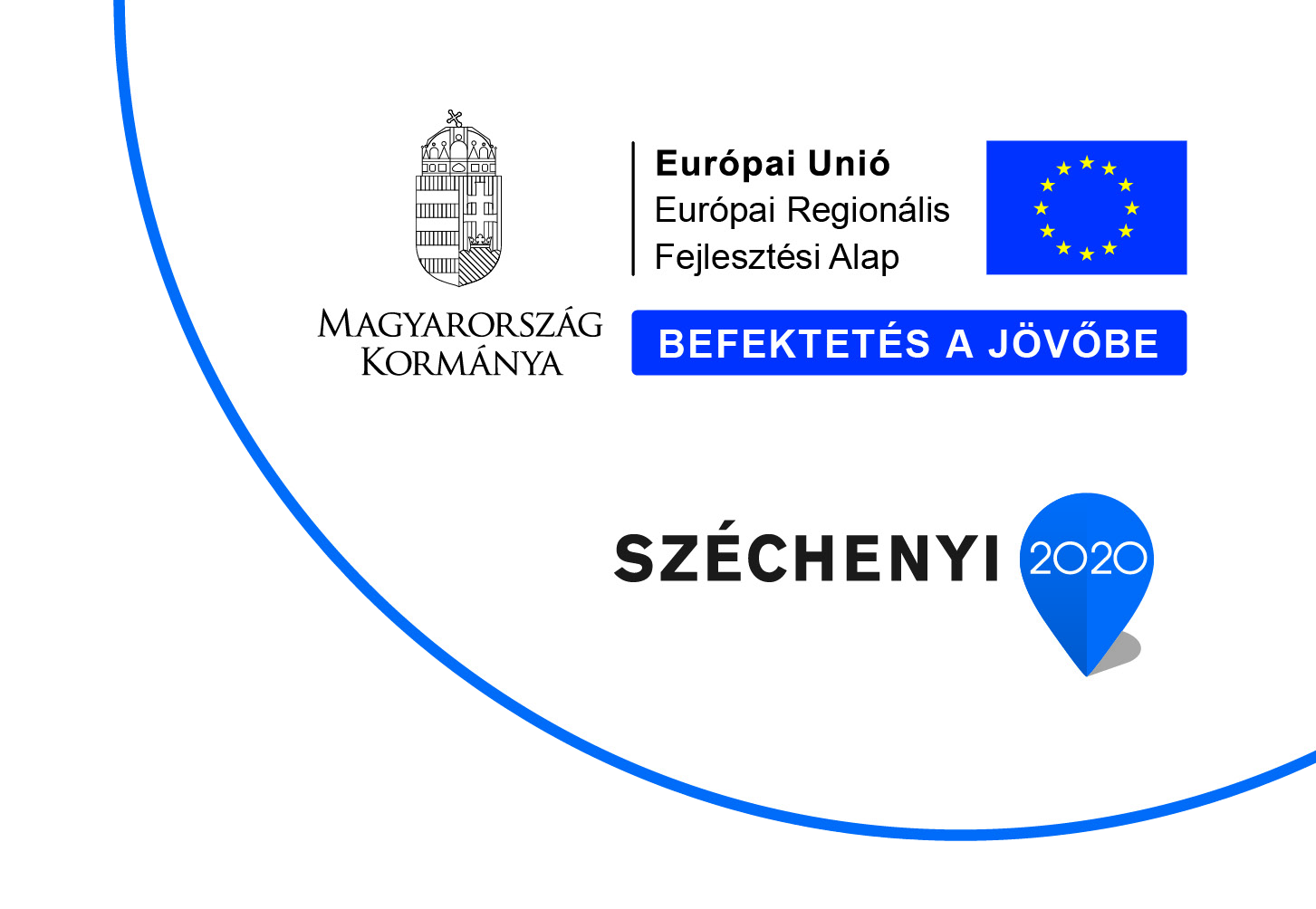BUDAPEST, Hungary, Dec. 10, 2017 (GLOBE NEWSWIRE) — The ThalesNano H-Cube family members have revolutionized the way research chemists can make hydrogenation reactions by simplifying the process through the use of flow chemistry technology, electrolysis and sealed catalyst cartridges. This means no further need for hydrogen cylinders, balloons and catalyst handling or filtration, whilst reactions can be optimized in minutes. A further feature has always been the ability to access higher temperature (100 °C) and pressure (100 bar) making a wider chemical space available to scientists.
At the request of our customers we have now developed the “H-Cube Mini 9”, a low-pressure version of the latest member of the H-Cube family, the H-Cube Mini Plus. The reaction pressure reaches a max. 9 bar, to comply with regulations in countries where a maximum allowable pressure is enforced (usually to 10 bar). The H-Cube Mini 9 retains all the other features of the high-pressure version, however due to the 9 bar pressure limit can be used without special authorizations for high pressure gas usage. The H-Cube Mini 9 can be easily upgraded to 100 bar pressure after the customer has gained the necessary approvals to generate high-pressure gas.
“Our aim with the H-Cube Mini 9 is to bring safe and affordable hydrogenation to all synthetic chemists, both in industry and in academia. The H-Cube Mini Plus is extremely popular in Europe and the US, the H-Cube Mini 9 makes this technology even more accessible to our respected Japanese users,” said Alex Drijver, CEO of ThalesNano.
The H-Cube Mini 9 is available in Japan through our representative Ikeda Scientific Co. Ltd.
Contact: Mr. Satoshi Ohtsu, e-mail: satoshi.ohtsu@ikedarika.co.jp

